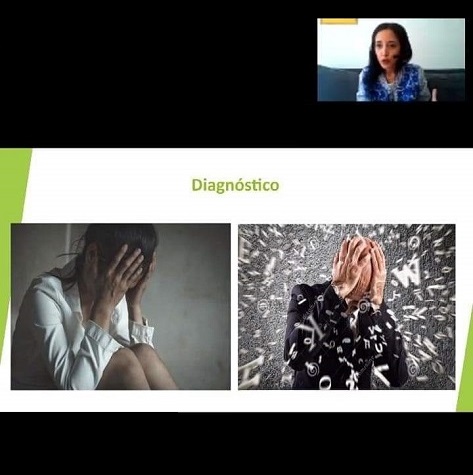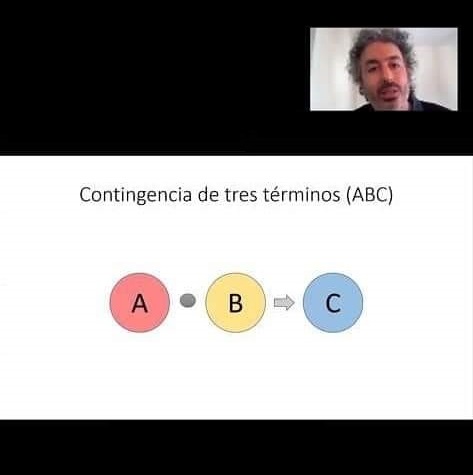ACBS Argentina Chapter - September 2020
How did you organize the "1° Jornada del Chapter Argentino de la ACBS" conference? When did you start planning it?
One of Germán Teti´s main dreams, as president of the ACBS Argentina Chapter, has been to organize a conference that would bring the Argentine community together and include Spanish speakers who would like to join it. The board started thinking how to make it possible in March. At that time, the Argentina Chapter had only 44 members. At present,we are 245, many of whom are active in the community. We deeply appreciate the international speakers' cooperation with this project. It is also important to highlight the great effort and work done by all the Chapter Board Members. Finally, we would like to congratulate all the local and Latin American colleagues who have shared this dream.
How many sessions were there? How many people attended?
A total of 210 attendees participated in the conference. We had 25 sessions in all, including 9 plenaries with international speakers (Emily Sandoz, PhD., Sonja Batten, PhD., Carmen Luciano, PhD., Benjamin Schoendorff, MSc. Mavis Tsai , PhD.; Robert Kohlenberg PhD., ABPP, Francisco Ruiz, PhD. & Matthieu Villatte, PhD.) and 2 local speakers (Germán Teti, M.D., and Fabián Olaz, PhD.). The conference was also a great opportunity for professionals interested in training their clinical skills and in updating their knowledge by participating in workshops (7), clinical roundtable discussions (3) and clinical and research meeting points (1).
One innovative experience we created and we are really proud of, in terms of the community that is growing, was the session called “My first presentation”. There were 5 presentations done by professionals willing to show their work and ideas for the first time.
What were some interesting research papers presented at the conference?
Argentina is a country without a long tradition in Clinical research in Psychology, maybe because of the long history of psychoanalysis and the relative absence of clinical research training in universities, and the “divorce” between practitioners and researchers. In fact, the first Randomized Control Trial of ACT was developed in our country last year (Olaz, Roberts, Altamirano & D'alessandro, in preparation). Taking that into consideration, our first meeting was more oriented to clinicians and practitioners, so we strategically invited speakers that have a long and strong tradition in research. Every session was a great opportunity to highlight the importance of EBPP and to encourage participants to be more committed with this point of view.
What other events has your chapter done in the past year?
The chapter began organizing a series of free webinars that took place on Sunday nights. Eight webinars given by Germán Teti, Fabián Olaz, Juan Pablo Coletti, Paula Quintero, Lucia Loureiro, Ariel Faust, David Marder, María José Lami Hernandez and Juan Alberto Gonzalez were held between April and June. These webinars were open to the public and they also offered an important space for contextual therapists of Argentina and Latin American countries. At the same time, supervision and research committees started working. Members decided what type of supervision they wanted. Consequently, a peer supervision process started. After that, six groups joined the peer supervision divided into two levels, beginners and intermediate, which are still meeting. The research committee organized a series of workshops to train our members on the basis of clinical research in CBS. The first one was led by Francisco Ruiz, who presented some basic ideas to start a research project with few economic resources. The second one will be presented by Fabián Olaz, about how to develop a research idea and to plan the research design.
Find out more about the ACBS Argentina Chapter
- Read the Argentina Chapter's webpage.
- Follow the Argentina Chapter on Facebook.
- To join the Argentina Chapter, please submit the chapter membership form.



